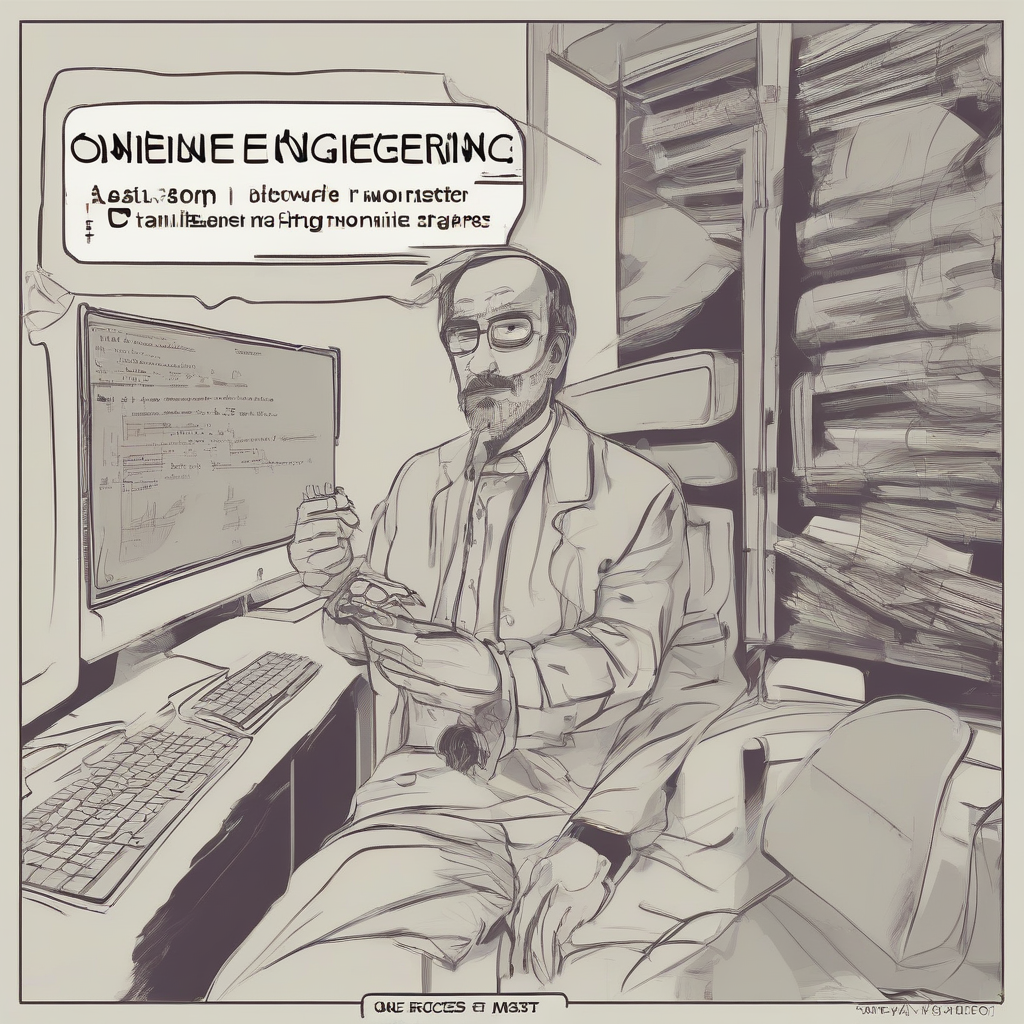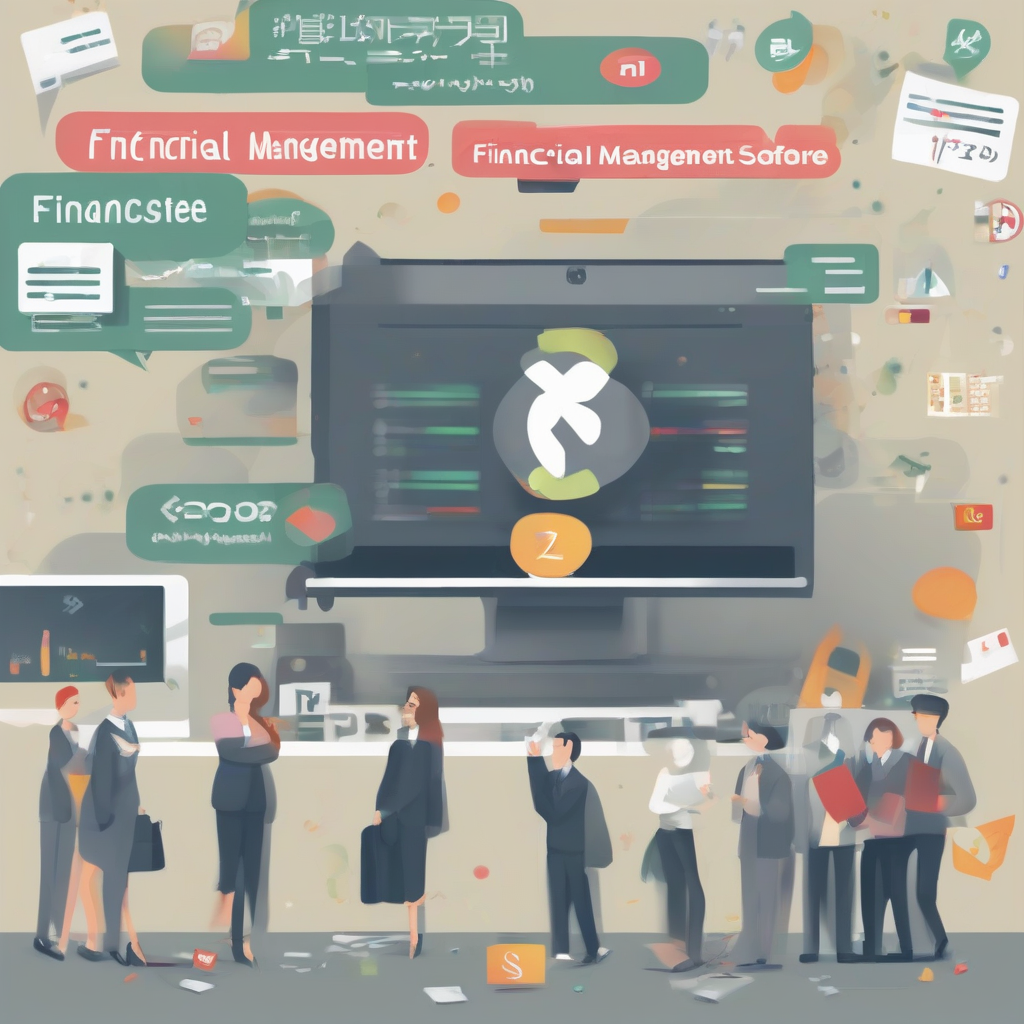Unlocking Your Potential: A Comprehensive Guide to Online Software Engineering Masters Programs
Unlocking Your Potential: A Comprehensive Guide to Online Software Engineering Masters Programs
The demand for skilled software engineers continues to surge, driving professionals to seek advanced education and career enhancement. An online Master’s in Software Engineering offers a flexible and accessible pathway to achieve these goals, catering to individuals with diverse backgrounds and commitments. This comprehensive guide explores the nuances of online software engineering master’s programs, guiding you through the selection process, curriculum expectations, career prospects, and essential considerations.
Choosing the Right Online Software Engineering Masters Program
Selecting the appropriate program necessitates careful consideration of several crucial factors. A well-informed decision hinges on aligning your career aspirations with the program’s strengths and resources.
Accreditation and Reputation
- Accreditation: Ensure the program holds accreditation from reputable bodies like ABET (Accreditation Board for Engineering and Technology) or equivalent regional accreditors. This guarantees adherence to established quality standards and enhances the value of your degree in the job market.
- University Reputation: Research the university’s overall standing and its reputation within the software engineering field. Look for institutions known for their strong faculty, research opportunities, and industry connections.
- Program Reviews and Rankings: Consult online rankings and reviews from credible sources such as US News & World Report, QS World University Rankings, or specialized engineering rankings. These provide insights into program quality, student satisfaction, and faculty expertise.
Curriculum and Specializations
- Curriculum Focus: Examine the curriculum closely. Does it align with your career interests (e.g., data science, cloud computing, cybersecurity, artificial intelligence)? Look for a program that covers core software engineering principles while offering specializations in emerging technologies.
- Course Structure and Flexibility: Evaluate the program’s structure, including course delivery methods, pacing, and scheduling flexibility. Consider whether the asynchronous or synchronous format best suits your learning style and lifestyle.
- Specializations and Electives: Investigate the availability of specializations or electives that cater to your specific interests and career trajectory. A specialized focus can enhance your marketability and expertise in a particular area.
Faculty and Resources
- Faculty Expertise: Research the faculty’s credentials, publications, and industry experience. Look for professors with practical experience and strong research backgrounds in your area of interest.
- Learning Resources and Support: Assess the availability of resources such as online libraries, virtual labs, tutoring services, and career counseling. A comprehensive support system is crucial for successful online learning.
- Industry Connections and Networking Opportunities: Explore the program’s connections to industry professionals and networking opportunities. These connections can be invaluable for securing internships, mentorship, and job placement after graduation.
Cost and Financial Aid
- Tuition Fees and Expenses: Compare tuition fees across different programs, taking into account additional costs such as textbooks, software, and technology requirements.
- Financial Aid Options: Investigate the availability of financial aid, scholarships, grants, and loans to help fund your education. Many universities offer financial assistance specifically for online students.
- Return on Investment (ROI): Consider the potential return on investment (ROI) of the program by comparing tuition costs with projected salary increases after graduation.
Online Learning Environment and Technology
The success of an online learning experience hinges on a well-structured virtual environment and appropriate technological support.
Learning Management System (LMS)
- User-Friendliness: A user-friendly LMS is essential for efficient navigation, access to course materials, and communication with instructors and peers.
- Functionality: The LMS should offer features such as discussion forums, assignment submission tools, video conferencing capabilities, and progress tracking.
- Technical Support: Reliable technical support is crucial for resolving any technological issues promptly and ensuring seamless access to learning resources.
Technology Requirements and Accessibility
- Hardware and Software: Understand the program’s technology requirements, including computer specifications, software needs, and internet connectivity.
- Accessibility Features: Check for accessibility features that cater to students with disabilities. These features ensure an inclusive and equitable learning environment.
- Technical Assistance: The program should provide adequate technical support to address any hardware or software issues that may arise during the course of study.
Communication and Collaboration Tools
- Discussion Forums: Active and engaging discussion forums facilitate peer-to-peer learning and knowledge sharing among students.
- Video Conferencing: Video conferencing tools enable real-time interaction with instructors and classmates, fostering a sense of community and collaboration.
- Communication Channels: Effective communication channels, such as email, instant messaging, or dedicated communication platforms, are crucial for maintaining contact with instructors and support staff.
Curriculum and Skill Development
A robust software engineering curriculum equips students with both theoretical knowledge and practical skills needed for success in the field.
Core Software Engineering Principles
- Data Structures and Algorithms: A strong foundation in data structures and algorithms is essential for designing efficient and scalable software solutions.
- Software Design and Architecture: Understanding software design principles and architectural patterns is crucial for building robust and maintainable systems.
- Software Development Methodologies: Proficiency in various software development methodologies, such as Agile and Waterfall, is essential for managing software projects effectively.
- Database Management Systems: Knowledge of database management systems (DBMS) and SQL is critical for handling and manipulating data in software applications.
Specialized Tracks and Electives
- Artificial Intelligence (AI) and Machine Learning (ML): Specialization in AI and ML offers opportunities in developing intelligent systems and algorithms.
- Cloud Computing: Expertise in cloud computing platforms like AWS, Azure, or GCP is highly sought after in today’s market.
- Cybersecurity: A specialization in cybersecurity focuses on protecting software systems and networks from cyber threats.
- Data Science: Data science specialization involves extracting insights from large datasets using statistical and computational techniques.
Practical Application and Project Work
- Hands-on Projects: Real-world projects provide valuable experience in applying theoretical knowledge to practical scenarios.
- Capstone Project: A comprehensive capstone project allows students to demonstrate their skills and knowledge through a significant software development undertaking.
- Internships: Internships provide practical experience in a professional setting and can lead to job opportunities.
Career Prospects and Salary Expectations
A Master’s in Software Engineering significantly enhances career prospects and earning potential.
Job Roles and Industries
- Software Engineer: Develop, test, and maintain software applications across various platforms and industries.
- Data Scientist: Analyze large datasets to extract insights and build predictive models.
- Cloud Architect: Design and implement cloud-based infrastructure and applications.
- Cybersecurity Analyst: Protect computer systems and networks from cyber threats.
- Machine Learning Engineer: Develop and deploy machine learning models for various applications.
Salary Expectations
- Competitive Salaries: Software engineers with master’s degrees typically command higher salaries than those with bachelor’s degrees.
- Geographic Variations: Salary expectations can vary depending on location, industry, and experience.
- Demand and Supply: High demand for skilled software engineers contributes to competitive salary offers.
Essential Considerations Before Enrolling
Before committing to an online software engineering master’s program, carefully weigh these crucial aspects.
Self-Discipline and Time Management
- Independent Learning: Online learning requires significant self-discipline and the ability to manage time effectively.
- Proactive Learning: Students must be proactive in seeking help, engaging with instructors, and participating in online discussions.
- Time Commitment: Accurately assess the time commitment required to balance studies, work, and personal life.
Networking and Community Building
- Online Networking: Actively participate in online discussions, forums, and networking events to build connections with peers and instructors.
- Professional Organizations: Join professional organizations related to software engineering to stay updated on industry trends and connect with professionals.
- Mentorship: Seek out mentorship opportunities to gain guidance and support from experienced professionals.
Technology and Infrastructure
- Reliable Internet Access: Consistent and high-speed internet access is crucial for participating in online classes and accessing learning resources.
- Suitable Computing Equipment: Ensure you have a reliable computer with sufficient processing power, memory, and storage capacity.
- Software and Tools: Familiarize yourself with the software and tools required for the program and ensure you have access to them.




